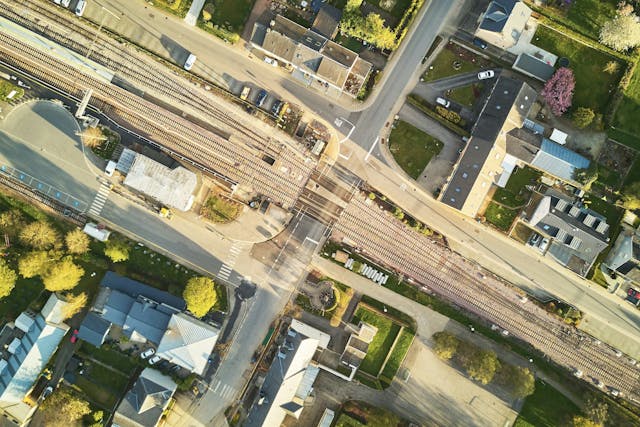Luxembourg strengthens precautions during fire season

Karsten Winegeart, Unsplash
Against the backdrop of increasing heat and lack of rainfall, the Luxembourg Ministry of the Interior has stepped up efforts to prevent wildfires. As part of the National Platform for Disaster Risk Reduction, a group of experts at the Directorate General of Civil Security has developed recommendations for safe behaviour during the growing season and forest fires.
Unlike previous years, when warnings were short-term, in 2025 the authorities are being proactive: the recommendations come into force for the entire hot season, and the population is urged to be systematically vigilant.
Basic safety rules:
- Do not throw cigarette butts on the ground, even in urbanised areas. One smouldering cigarette can start a fire in dry grass.
- Do not build fires outdoors, even if there is no explicit prohibition - it is an elementary precaution.
- Barbecues are only allowed in designated areas and only if there are means of extinguishing - at least a bucket of water. The remains of coals must be disposed of only after they have cooled down completely.
- Do not leave vehicles on grass or near vegetation - a hot muffler or spark could cause a fire.
- Do not block access to forest roads: rescue services must have easy access in case of an outbreak.
- In the event of a fire, call 112 immediately, giving your exact location (if possible, specify the nearest forest rescue centre) and describe the available routes for firefighters.
In recent years, the climate in the region has become increasingly extreme. The drought seasons are getting longer and the soil is losing its ability to retain moisture. In such conditions, any source of heat can start a major forest fire. Luxembourg, although not characterised by extensive forests, still has vulnerable areas: grassy slopes, suburbs, agricultural areas in the south of the country.
Early warning is a chance to minimise damage. In addition, the competent behaviour of citizens can save resources of rescue services and reduce the burden on the country's ecological system.




